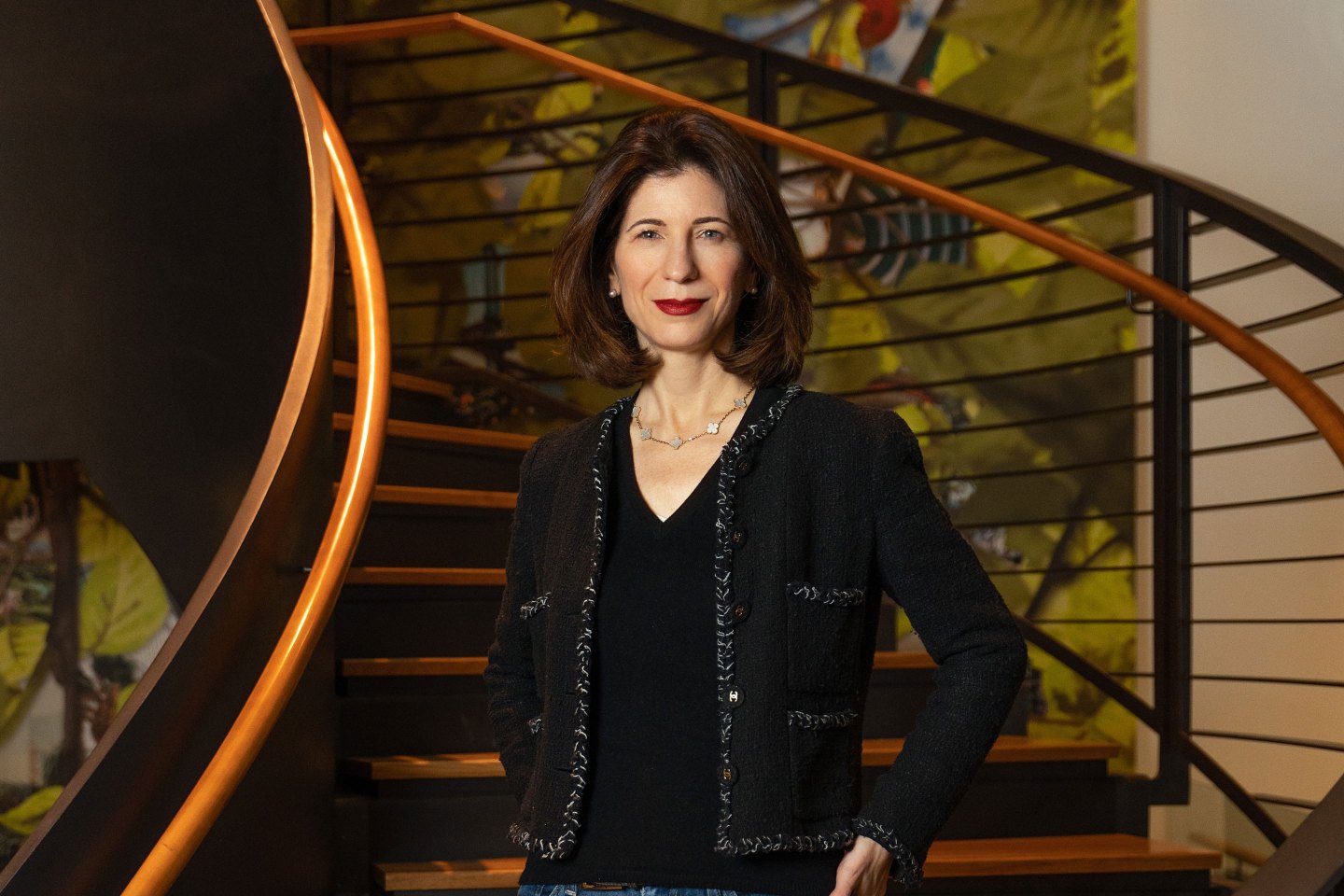Good morning. This is Katherine, filling in for Alan, from London.
The rise, and rise, and rise of the short video app TikTok has been nothing short of fascinating. It seemed to shoot to meteoric popularity almost out of nowhere. First, it was a niche source of viral dance clips and comedy sketches with a growing userbase among American teens. Next, it was a star-making machine for some of those same teenagers, and drawing even established comedians into the fold. Now, it’s reached the next milestone—finding itself at the centre of major geopolitical flash points.
How did this happen? Naomi Xu Elegant, one of Fortune’s reporters in Hong Kong, dug into the app’s dramatic rise, and its relationship with its parent company, China’s ByteDance.
“TikTok is by far one of China’s most successful Internet exports, but its high-profile global presence has made it a bugbear for wariness of the Chinese government and a geopolitical hot potato,” Naomi writes. “TikTok is attempting to distance itself from its owner, but growing global suspicion of Big Tech in general, and of Chinese government influence in particular, spell trouble for the app.”
That has included a ban on TikTok by the Indian government—as the app’s largest market, the country was a source of 89 million monthly active users—after a clash with Chinese soldiers. And then there was the app’s departure from Hong Kong, a small but symbolic market, in light of the new National Security Law. And now, there’s the threat by President Donald Trump to ban the app as retaliation against China, a move that is already drawing the ire of millions of American teenagers.
(The army of angry teens effect is nothing to be sniffed at: remember the activism of K-pop fans for the Black Lives Matter movement, and their controversial role in Trump’s Tulsa rally bust last month?)
The TikTok saga is just one part of the story of Big Tech caught in geopolitical crosshairs, and it’s a story the Hong Kong team has been avidly covering. You can follow Naomi’s reporting here, Grady McGregor’s dispatches here, and Eamon Barrett’s here.
Katherine Dunn
@katherine_dunn
katherine.dunn@fortune.com
TOP NEWS
HK sanctions threaten banks
International banks in Hong Kong are conducting emergency audits to identify Chinese and Hong Kong clients and companies that could fall under a new U.S. sanctions law. The law is expected to be signed into force as early as next week, and could force banks to choose between doing business with either China or the U.S., lawyers said. FT
By December
German biotech firm BioNTech says it will be ready to seek regulatory approval for a vaccine by year-end. The company's chief executive says several hundred million doses could be approved even before regulatory approval is granted. The company is one of 17 worldwide that has started human trials for a vaccine. WSJ
Wirecard scandal gets weirder
The plot thickens. Wirecard executive Jan Marsalek, who disappeared last month in the run up to the unravelling of the German payments company, had reportedly touted secret documents to traders, including ones that contained the exact formula of a Russian nerve agent, and boasted of links to intelligence agencies. FT
Seoul mayor
The mayor of Seoul, South Korea's second-most important figure and a potential presidential candidate, was found dead, local police confirmed early Friday. The body of Park Won-soon was found in northern Seoul after his daughter reported him missing, sending political shock waves across the country. New York Times
AROUND THE WATER COOLER
'Automatic triggers'
A group of more than 150 economists have signed a letter calling on Congress to issue "automatic triggers for cash stimulus payments" to help the U.S. recover economically from COVID-19. These economists would like to see the federal government send additional stimulus checks to U.S. families until the economy reaches a certain threshold of recovery. "Congress absolutely has to send out more money", said Claudia Sahm, one of the signatories. Fortune
Students and teachers
Universities are getting creative in their efforts to prevent international students from being deported under rules that would rescind their immigration status if classes are not held in person. Not having those students affects the talent pipeline at U.S. post secondary institutions—and threatens those same institutions' financial future, writes Fortune's Michal Lev-Ram. “It is in everybody’s interest that we protect these students,” said one professor. Fortune
Robot butchers
Facing the fallout of large outbreaks of COVID-19 among meatpacking plants, where deboning livestock was dangerous and labor-intensive work even pre-pandemic, Tyson Foods is exploring robotics, a development the industry has been slow to adopt. The team includes designers who used to work in the automotive industry. WSJ
'Eat out to help out'
The U.K. government's announcement earlier this week that it would offer Britons half-off vouchers for restaurants meals—which came with plenty of conditions, including that it will cover the food in a pub, but not the alcoholic drinks—was just one of a series of efforts by European governments to inject spending back into their economies: including an Italian vacation credit to rouse the struggling tourism industry. Fortune
This edition of CEO Daily was edited by Katherine Dunn.











